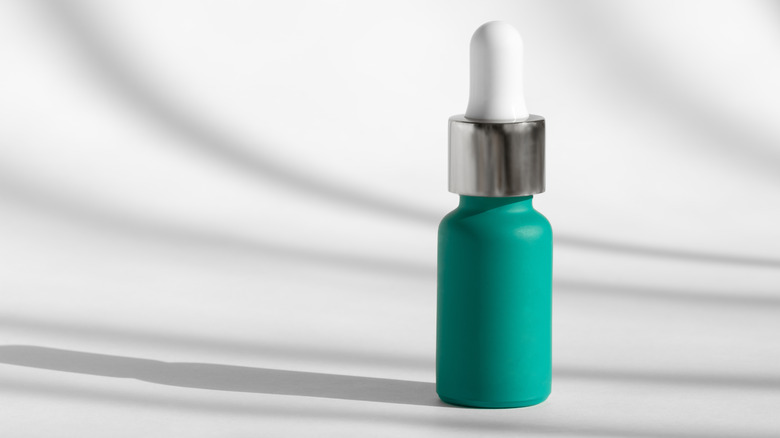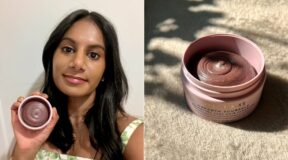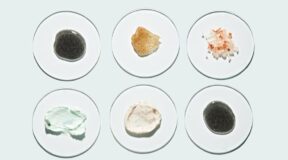Retinol is one of the most common and most talked about skincare products. It’s infused in a ton of other products, such as moisturizers, and is sold as a serum by itself, but how does it fare in the summer? Some retinol advocates say you should be using this product every day, and others are wary of using retinol in the summertime. This is because of the whispers surrounding the product and how it affects the skin when heat is brought into the mix.
According to Real Simple, the reasoning behind not using retinol in the summer is twofold. It supposedly breaks down in the harsher summer sunlight, and it has been rumored to make your skin more likely to experience sun damage.
Retinol has a wealth of natural benefits, including brightening skin, preventing wrinkles, and easing your dark spots (via Today). Because of this, it’s recommended that people start using it as they get into their 30s and above, because it’s best to use preventative products rather than fighting issues when they’re already occurring. However, some claims against retinol are causing people to stop using it, especially when the summer months become involved.
You may be surprised to hear the truth behind summertime retinol use
So, what is the truth? Is retinol causing sun damage and breaking down in the sunlight? According to Byrdie, these are myths, or at least exaggerated. “You absolutely can and should use retinoids in the summer,” board-certified dermatologist Dr. Loren Franco told Byrdie. Retinoids, the group of products of which retinol is a part, accelerates cell turnover, so it can naturally make your skin red, making it look irritated. This cell turnover process is what makes retinoids so effective, and it’s a myth that the sun is going to worsen your skin when using them.
However, if you experience worse irritation for any reason, you should simply use the retinoid less times per week or change your dosage. Because everyone’s skin is different, you have to find the right dosage and number of applications for your skin, though it’s typically recommended to be used daily. Dr. Rita Nandi recommended using retinol at night and then using a good SPF in the morning if you’re worried about the sun interfering with the retinol (via Real Simple).
All in all, you not only can continue using retinol, but you should!
Source: Read Full Article







